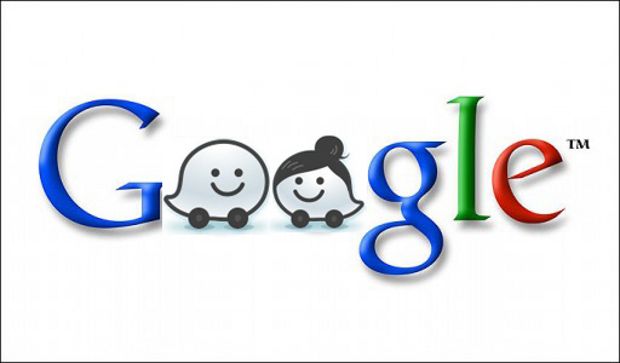Waze, the popular real-time traffic GPS provider owned by Google, is facing a lawsuit regarding two patents owned by an Israeli company, Makor Issues & Rights Ltd who is taking issue with two of its patents "covering traffic monitoring technology enabling drivers to avoid traffic jams". Makor has owned these patents from the 2000s and claim "'past and ongoing direct infringement'". Damages have yet to be specified for this case.

Case Specifics:
In terms of the specific patents involved, the two revolve around "Real time vehicale guidance" and Google has yet to comment regarding this case. The law firms involved included Bayard PA and Lewis Baach at this time. Makor believes that Waze is infringing "By allowing drivers to select and alter routes and apps' continuous collecting and updating of various traffic data" -- which they believe they hold the rights to.
Google's Current Patent Woes:
Google is facing multiple patent suits at this time, with "long-running litigation with Oracle" regarding Java code as well as winning a case with "Priceplay.com". It will be interesting to see if Google decides to settle or take this case to trial, and since no damages have been specified at this time, Google may be waiting to comment until further informiation is provided.
Patents in question:
- 6,480,783 - Real time vehicle guidance and forecasting system under traffic jam conditions
- 6,615,130 - Real time vehicle guidance and traffic forecasting system
Source:
- http://www.law360.com/ip/articles/761840?nl_pk=688afd99-43da-41e2-baf9-0f852e028cd1&utm_source=newsletter&utm_medium=email&utm_campaign=ip
















